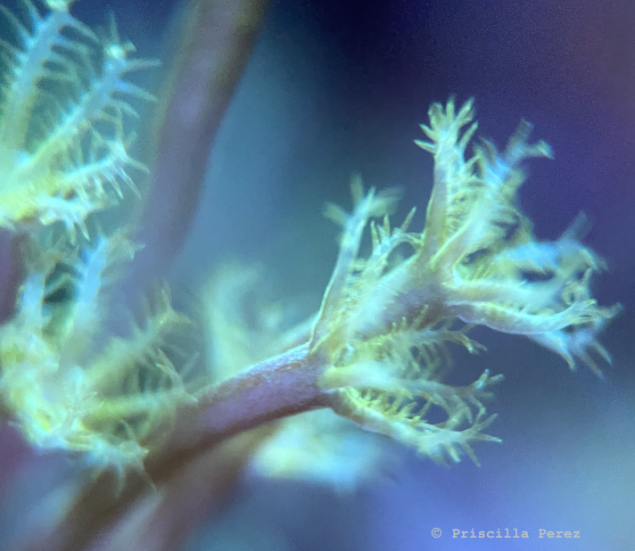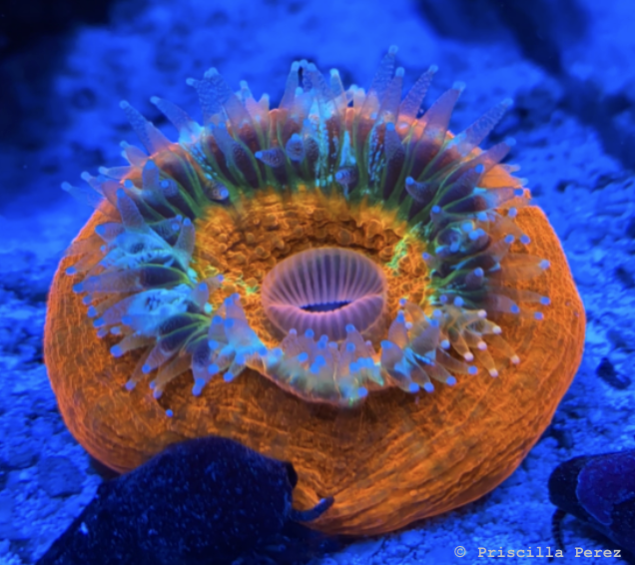6th Grade Science Units Link to this section
6th Grade Science Overview
Link to this section
6th Grade: Overview
Overview
In the SFUSD MS Science 6th grade Curriculum, students are asked “How can we use science and engineering practices to explore energy, climate, body systems, and the growth and reproduction of organisms?” They study these core science concepts by asking questions, designing investigations, and using evidence-based reasoning to address personally relevant and environmentally focused challenges.
The curriculum consists of five units: four project-based learning units, with embedded performance assessments aligned with the Next Generation Science Standards, and an opening unit, Groupwork, that teaches students how to work as a team. Each unit is focused on a Unit Essential Question.
6th Grade: Standards
Standards
Next Generation Science Standards (NGSS) Performance Expectations:
|
|
|
|
|
|
|
|
|
|
|
|
NGSS Lead States. 2013. Next Generation Science Standards: For States, By States. Washington, DC: The National Academies Press.
NGSS Science and Engineering Practices:
|
|
||||
|
|
|
|
|
|
|
Asking Questions and Defining Problems |
|
|
||
|
Developing and Using Models |
|
|
|
|
|
Planning and Carrying Out Investigations |
|
|
|
|
|
Analyzing and Interpreting Data |
|
|
||
|
Using Mathematics and Computational Thinking |
||||
|
Constructing Explanations and Designing Solutions |
|
|
|
|
|
Engaging in Argument from Evidence |
|
|
|
|
|
Obtaining, Evaluating, and Communicating Information |
|
|
|
|
NGSS Crosscutting Concepts:
|
|
||||
|
|
|
|
|
|
|
|
|
|||
|
|
|
|
|
|
|
|
|
|
||
|
|
|
|
|
|
|
|
|
|||
|
|
|
|||
|
|
|
|||
“Disciplinary Core Ideas, Science and Engineering Practices, and Crosscutting Concepts” are reproduced verbatim from A Framework for K-12 Science Education: Practices, Crosscutting Concepts, and Core Ideas. DOI: https://doi.org/10.17226/13165. National Research Council; Division of Behavioral and Social Sciences and Education; Board on Science Education; Committee on a Conceptual Framework for New K-12 Science Education Standards. National Academies Press, Washington, DC. This material may be reproduced for noncommercial purposes and used by other parties with this attribution. If the original material is altered in any way, the attribution must state that the material is adapted from the original. All other rights reserved.
6th Grade: Units and Culminating Projects
Units and Culminating Projects
Unit 0: Groupwork
How do we work productively in groups?
Duration: 2–3 weeks
The Learning Through Performance 6th Grade Science Curriculum relies heavily on groupwork. The Groupwork Unit helps students prepare for this work. Groupwork is based on a framework, developed by the Program for Complex Instruction at Stanford University, which focuses on informing the construction of group tasks. Multiple research projects conducted by the Program for Complex Instruction consistently show that increased learning gains are directly proportional to the level of students’ on-task talk while working in small groups. To this end, in the Groupwork Unit, students complete four skill-building tasks to acquire the experience and tools needed for effective and productive groupwork.
Unit 1: Energy
Essential Question: How can we design a device to warm something up?
Duration: 5–6 weeks
For the Culminating Project, students engineer a device that maximizes thermal energy transfer into a system to meet the needs of one of two possible clients. Students work collaboratively to plan, build, test, and revise their client’s device. Through investigations, they distinguish between thermal energy and the temperature of substances; identify where thermal energy is transferred from and to; and describe the relationships between mass, type of substance, and change in temperature. Student fill out Patent Applications to describe the process of designing, constructing, testing, and revising their device.
Unit 2: Human Impact on Earth’s Climate
Essential Question: How can we create a plan to meet the SFUSD Sustainability Goals in our school?
Duration: 5–6 weeks
In the Culminating Project, students analyze the local impact of climate change and work together to create plans to help their school meet one of the San Francisco Unified School District’s sustainability goals. The plans address causes of climate change, evidence for the causes, consequences, and solutions. After groups present their plans to the class, students individually provide feedback to a group of which they were not a part; the group uses this feedback to revise and finalize the plan. To fully understand the local impact of climate change on their community, students learn about two of the factors that determine climate and how climate compares with weather. With this understanding, they consider how human actions have affected Earth’s climate over time. Students investigate the effect that changes to Earth’s climate has on sea level and consider how this issue might affect San Francisco, a coastal city. Finally, they consider changes their school could make that would reduce its impact on Earth’s climate.
Unit 3: Cells and Body Systems
Essential Question: Should SFUSD ban caffeine? Why or why not?
Duration: 5–6 weeks
For the Culminating Project, students create a presentation in which they argue whether caffeine should be banned from the San Francisco Unified School District. Student arguments must address how interacting body systems are affected when caffeine is consumed. During this unit, students consider the difference between living things and nonliving things and gather evidence to support the concept that all living organisms are made of cells. Students explore the structure and function of cells and how cells interact to perform specialized functions. Finally, students investigate how the body is a system of interacting subsystems composed of groups of cells.
Unit 4: Reproduction and Heredity
Essential Question: How can we design a garden that supports the growth and reproduction of strawberry plants?
Duration: 5–6 weeks
For the Culminating Project, students develop an argument that uses evidence to support their plan for a strawberry garden. Groups develop a plan to care for the plants. In the Individual Culminating Project, students synthesize the findings in their classmates’ plans and write their own recommendations for the garden’s plan.
6th Grade Science Resources Link to this section
This page was last updated on July 24, 2023












